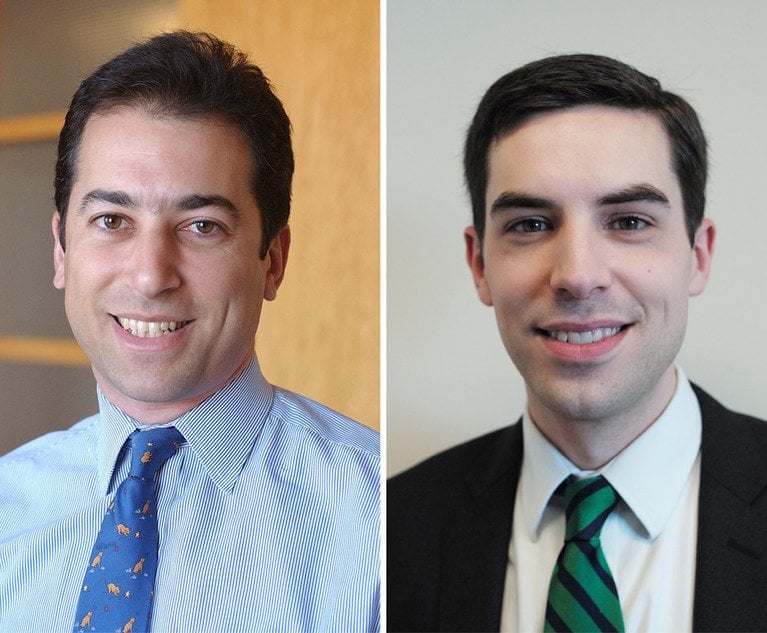With the continued growth of venture capital and angel investments flooding new technologies, and the ease with which concepts can be exchanged or taken through the click of a button, claims centering around purported idea theft loom larger than ever. One such claim, trade secret misappropriation, has a deep body of precedent and has also been the subject of attempts at national standardization, first through the Uniform Trade Secrets Act (adopted in some form by every state other than New York and Massachusetts) and then with the recently-enacted federal Defend Trade Secrets Act. However, it is important to bear in mind that, at least in New York, other related misappropriation claims remain available as well—claims which are not as well-defined and therefore potentially trickier to litigate.
One such claim is “idea misappropriation.” Under this claim, two requirements relating to the protectability of the idea are in play: “novelty” and “concreteness.” Turner v. Temptu, 586 Fed App’x 718 (2d Cir. 2014).


 Photo: Shutterstock
Photo: Shutterstock




